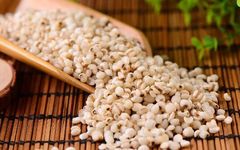This is the 4883rd article from Da Yi Xiao Hu

Grain Rain (Gu Yu), as the last solar term of spring, marks the end of the spring season and heralds the beginning of summer. At this time, all things grow, and prosperity abounds. During this period, precipitation significantly increases, nourishing the crops and allowing seedlings to thrive, which is a delightful occurrence. However, with continuous rain, the humidity in the air also rises, and dampness (湿邪, shī yé) begins to proliferate. Among the grains, there is a powerful herb known for its ability to eliminate dampness, which is Job’s Tears (薏苡仁, yì yǐ rén), renowned as the “king of grains”.
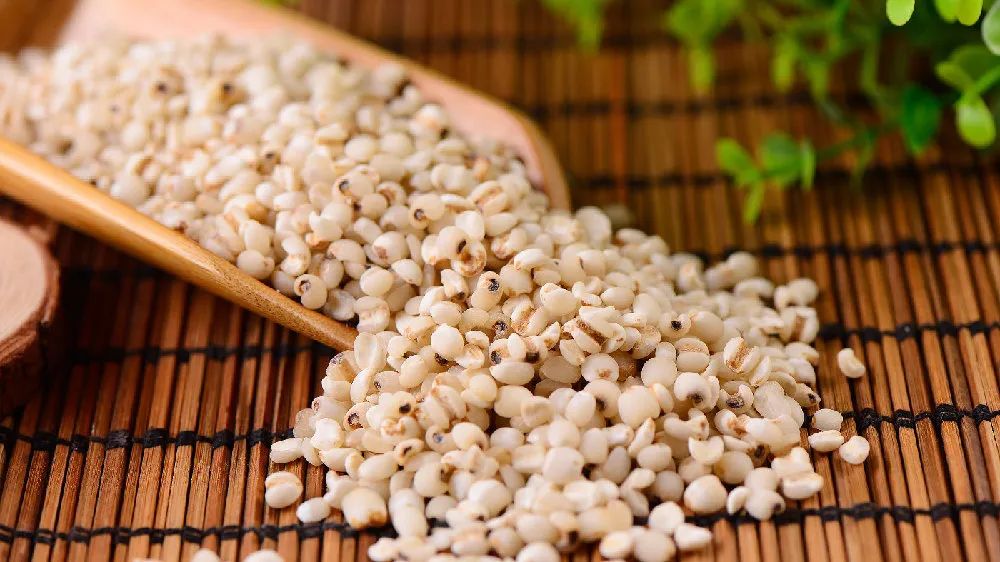
Eliminating Dampness and Achieving Remarkable Results
Job’s Tears, also known as Coix Seed or Yi Yi, is the mature seed of the plant Coix lacryma-jobi, belonging to the Poaceae family. Its white color resembles pearls, hence it is also called pearl rice. Currently, it is cultivated in most regions of China. Historical records indicate that the cultivation of Job’s Tears dates back at least 6000 years.
According to legend, Job’s Tears was not produced in the ancient Central Plains but originated mainly from the Lingnan region of China and Southeast Asia. The Book of the Later Han (后汉书) records that during the Eastern Han Dynasty, General Ma Yuan was sent by Emperor Liu Xiu to pacify a rebellion in the southern frontier. The soldiers suffered from local diseases, with many developing beriberi, experiencing symptoms such as lower limb edema, pain, numbness, and even general weakness, severely affecting the army’s combat effectiveness. Ma Yuan used locally produced Job’s Tears to brew a soup for the soldiers, which quickly controlled the beriberi, leading to a successful pacification. Upon returning to the capital, Ma Yuan brought back several carts of Job’s Tears for cultivation in the Central Plains. However, after his death, some officials falsely accused him of bringing back a large amount of treasure (the shiny Job’s Tears resembling pearls) from the south, which led to the idiom “Job’s Tears as Pearls”.
Modern research confirms that beriberi is caused by a deficiency of vitamin B1, and Job’s Tears is rich in vitamin B1.
Medicinal and Culinary Uses to Eliminate Dampness
Job’s Tears is classified as a food and medicine dual-use product. The earliest existing Chinese pharmacopoeia, the Shennong Bencao Jing (神农本草经), contains records of Job’s Tears being used as medicine. Its most favored effect among the public is its ability to eliminate dampness.
Dampness is a pathogenic factor that can invade the body, especially in humid environments or when exposed to rain. Additionally, if the spleen and stomach are weak and cannot properly transform and transport fluids, dampness can also arise. Dampness clings to the body like a sticky candy, making it difficult to expel. When dampness invades the joints and muscles, it causes a feeling of heaviness in the head and body, and fatigue in the limbs; when it obstructs the spleen and stomach, it leads to abdominal distension, decreased appetite, diarrhea, and loose stools; when it affects the skin and hair, it results in oily hair and skin, acne, and eczema; the tongue coating appears thick and greasy.
Traditional Chinese Medicine (TCM) believes that eliminating dampness can be approached from two aspects: the spleen and stomach act as the body’s dehumidifiers. For those with weak spleen and stomach, strengthening these organs is essential. TCM also emphasizes finding a way to expel pathogenic factors; for dampness, methods such as sweating and diuresis can help eliminate it. Job’s Tears strengthens the spleen and promotes urination, effectively preventing the generation of dampness and expelling existing dampness through diuresis. Compared to other dampness-eliminating herbs, Job’s Tears has a mild nature, making it safer for consumption. Therefore, it is not an exaggeration to say that it is a powerful herb for eliminating dampness. However, it is important to note that dampness accumulates over time, so eliminating it is not an overnight process; consistent consumption over a period is necessary, and combining it with other food and medicinal items like red beans (赤豆, chì dòu), poria (茯苓, fú líng), and dried tangerine peel (陈皮, chén pí) enhances its effectiveness. Additionally, avoiding damp environments, not overeating rich foods, and engaging in moderate exercise are also important.
Job’s Tears can also stop diarrhea, relieve pain, and expel pus. In TCM, it is used to treat chronic diarrhea, rheumatic joint pain, and suppurative inflammation such as lung abscess and appendicitis. Job’s Tears also has beauty benefits; regular consumption can maintain skin luster and delicacy, providing auxiliary treatment for flat warts, age spots, pregnancy spots, and acne. It can also be ground into powder for use in herbal face masks. Notably, Job’s Tears has clear anti-tumor effects, and regular consumption may help prevent and treat tumors.
Precautions for Proper Use
Despite the numerous benefits of Job’s Tears, there are also precautions to consider.
1. Raw Job’s Tears are slightly cool in nature, so individuals with a weak spleen and stomach or women during menstruation should avoid excessive consumption. Such individuals can roast Job’s Tears before cooking them into porridge or dishes to mitigate their cooling properties.
2. Job’s Tears have a stimulating effect on the uterus, so pregnant women, especially those with a history of habitual miscarriage, are advised against consuming them.
3. Individuals with dry stools and a tendency towards constipation should avoid Job’s Tears. Since Job’s Tears promote urination and may lead to increased water expulsion through urine, this can cause intestinal dryness and worsen constipation symptoms.
4. Job’s Tears are hard in texture and can be difficult to cook thoroughly. It is recommended to soak them in cold water for 2-4 hours before cooking to allow them to absorb water, making them easier to cook with other ingredients.
Author: Fan Yuxiang, Clinical Medicine Program, Navy Medical University, Class of 2023
Guidance: Zhang Huiqing, Department of Traditional Chinese Medicine, Navy Medical University
Project Funding: First Round of Shanghai Health Science Popularization Talent Capacity Enhancement Project (JKKPYC-2022-10)
Further Reading
Spring Breeze and Angelica, Blossoming Gifts for GoddessesHow Much is the Value of Plum Blossoms? Appreciating Food and Medicine in OneWinter Supplements: A Winter Without Illness Next YearBest Winter Supplement: ChestnutsAutumn Winds Rise, Crabs are in Season, What Should Pregnant Women Eat?
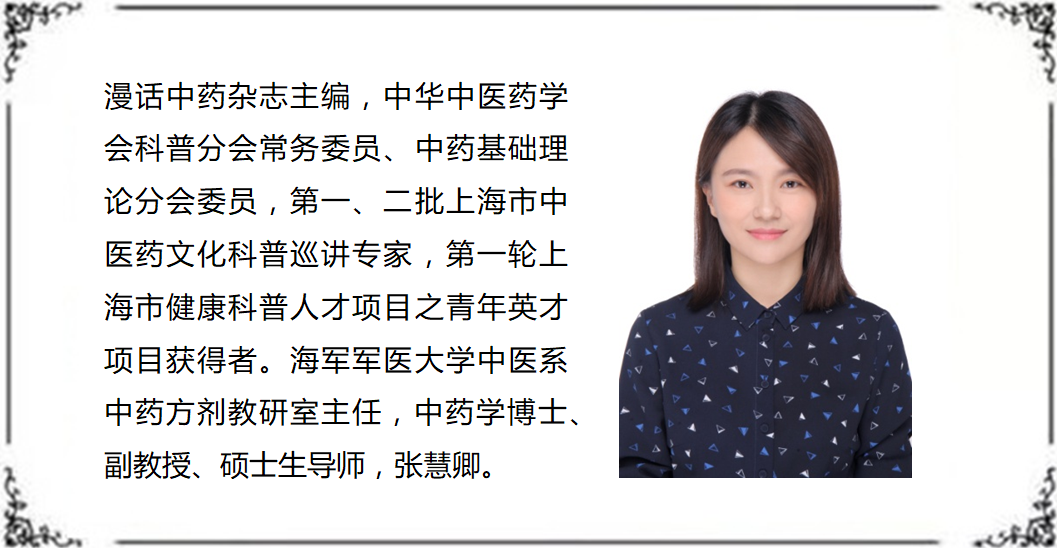
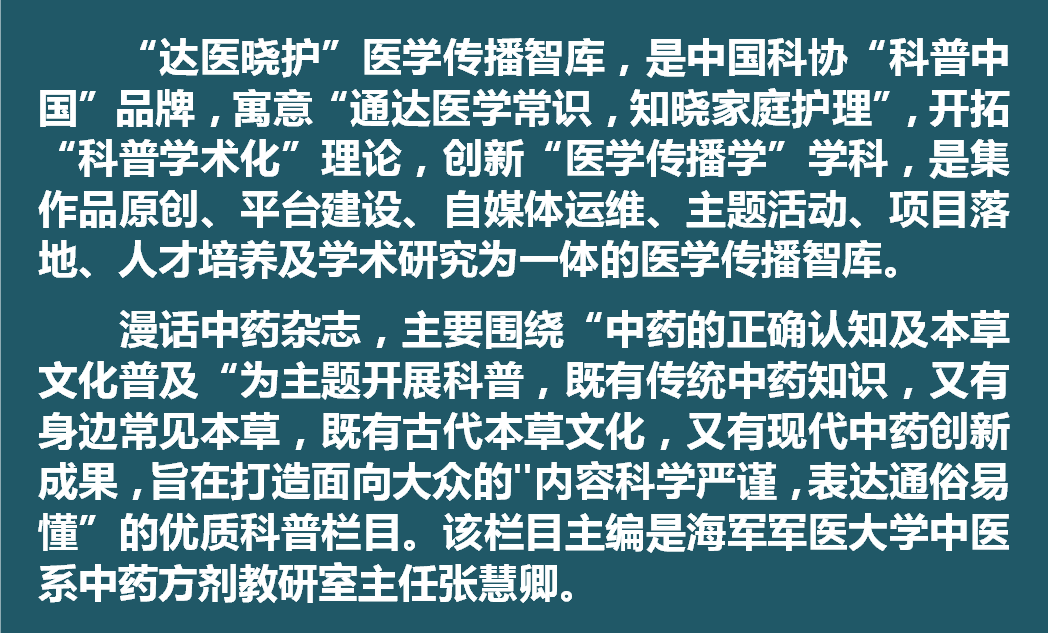
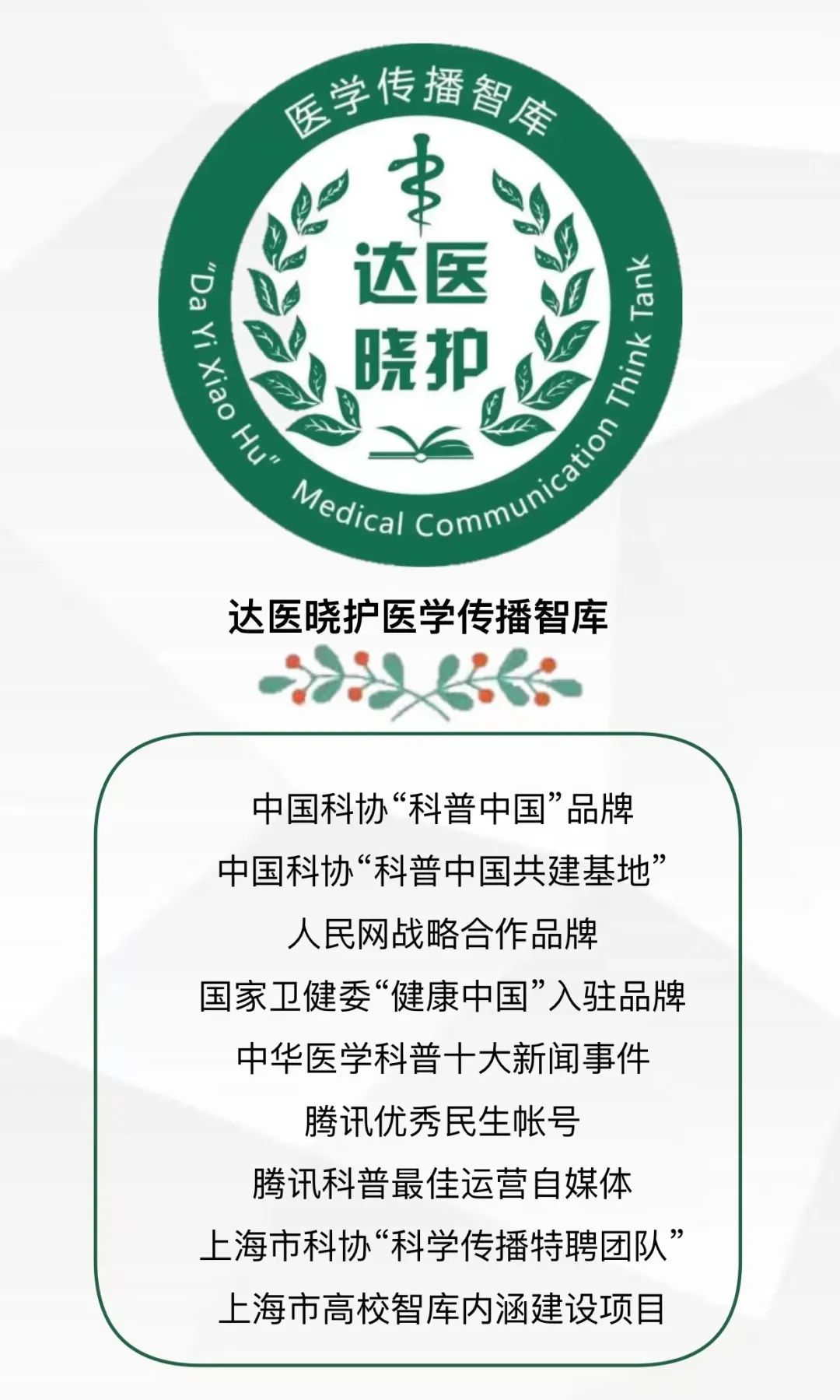

Some images are sourced from the internet; if there are any copyright issues, please inform us for removal.
All names and places are pseudonyms; any resemblance is purely coincidental.
Click “Read the Original” to enter the official website of “Da Yi Xiao Hu”

